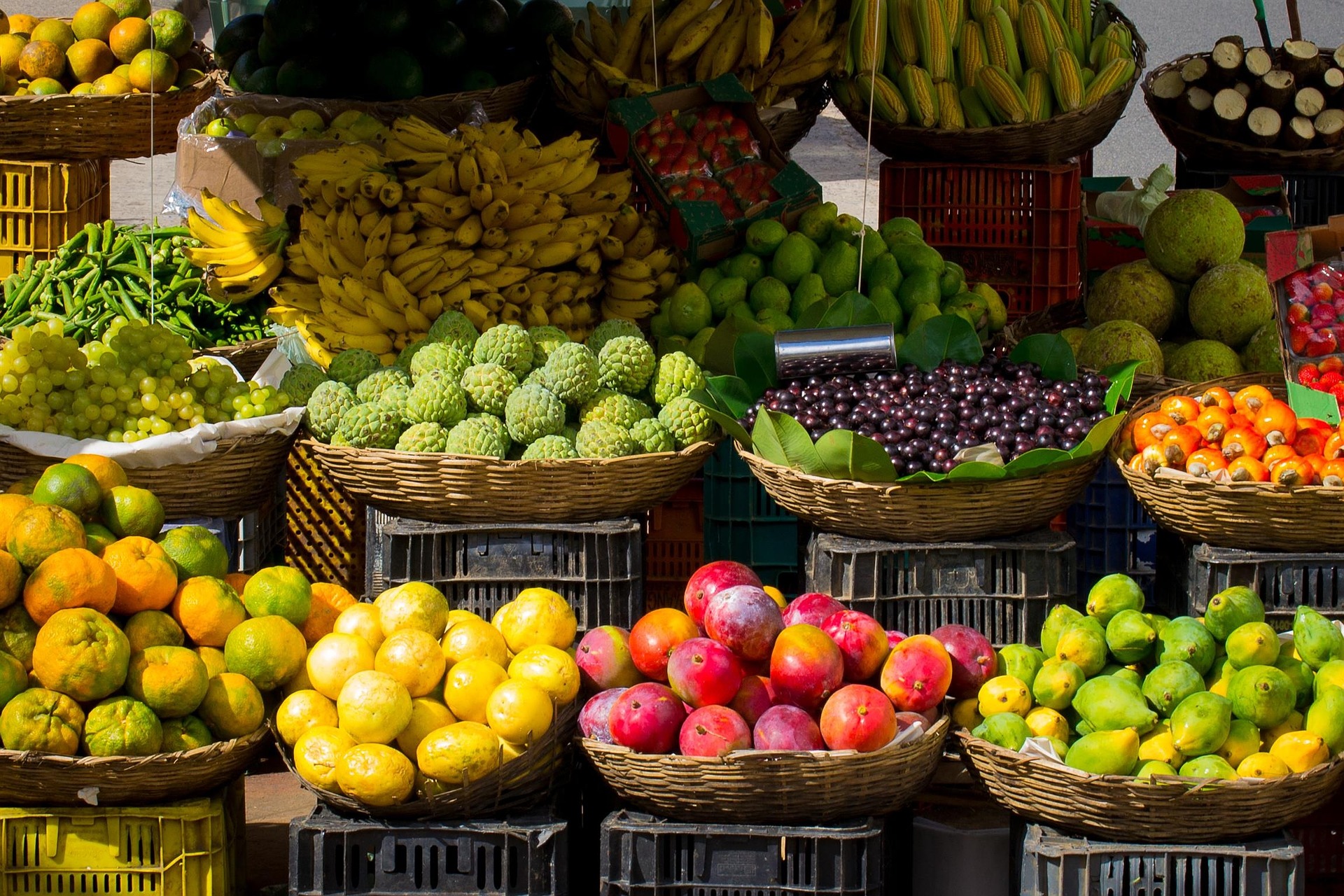Wondering how to get started buying organic food? I’ve been buying and eating organic food since 2002 and have been growing organic food since 2004. Here are some tips to get you started buying and eating a healthier, organic diet.
#10 Start Small
You don’t have to go whole hog right away. If you’re interested in going organic start out with just a few items every week and build on that. Start reading your labels. Start tuning into how you feel when you eat organic. You have to start somewhere. Just do it!
#9 Find a local CSA
Community Supported Agriculture programs usually ask for the full fee up front, which can be a stretch for some. But if you average your shares out over the season, you end paying much less per week on organic produce. Some CSAs also offer payment plans. In some states (like Vermont), there are even subsidized shares available for families and seniors. Go to localharvest.org to find a CSA near you!
#8 Don’t overlook classic budget meals
…like a good old-fashioned peanut butter and jelly sandwich. Stick to no-sugar peanut butter and all-fruit spreads on whole grain, real sourdough or sprouted bread, throw in an organic apple, and you’ve got a nutritious lunch that will also cut your carbon footprint.
#7 Comparison shop
Doing price checks for regularly purchased organic items pays off: Consumer Reports found the price for the same jar of organic baby food ranged from 69 cents to $1.29 among several grocery stores in the suburban New York City area. If you have more than one grocery store in your immediate area that sells organic food items, or multiple organic vendors at your farmers’ market, comparison shopping can be easy and fairly fast.
#6 Watch for sales
Organic products go on sale too! You can get some great deals. The idea here is to be flexible & stock up when something you like goes on sale. Full on health food stores are more likely to have sales than the regular grocery stores that carry some organic items.
#5 Join or Create an Organic Food Buying Club
Buying in bulk almost always saves on costs. Gather some of your friends, pool your resources and buy directly from wholesalers. Then split up the goods when they arrive. Group buying is a great way to afford more pricey items such as organic produce, and it’s also a fun way to make like-minded friends.
#4 Commit to eating out less.
If you eat out just 1 day/week less, you’ll put money back in the bank AND find more room in your budget to buy quality foods that are tasty & nutritious. Both your budget & your waistline will thank you for putting an end to the drive-through habit. It takes just a few minutes to pack yourself (and your kids) a healthy picnic lunch.
#3 Shop at your local farmers’ market
Buying at farmers’ markets is one of the best kept secrets to buying affordable, organic food. Top chefs in both Europe and America’s have been doing it for years!
A USDA study in 2002 found that about 40 percent of farmers’ market farmers don’t charge a premium. Search localharvest.org to find a market near you.
#2 Many manufacturers’ coupons for conventional products work on the brand’s organic line as well, even though that often isn’t indicated. Try this strategy with brands that carry separate organic lines, such as Bertolli pasta sauce. You can also go to your favorite organic brand websites like Organic Valley to download and print coupons. Also check out Stonyfield Farm’s points program where you can accumulate points to get free organic food and other fun items.
#1 Forage for wild food, even in the city. Everything from fresh herbs to tree-ripened fruit is on your doorstep.
Ramps and fiddleheads are available in early spring. You can also harvest dandelions and stinging nettle. Starting in June through the summer and fall you can harvest lambs quarter, wood sorrel and red clover to add to your salads. You can also make milkweed flower buds into delicious fritters!
To find out more about organic living, please visit my website, www.theorganicmother.com
Article Source: http://EzineArticles.com/6412451
